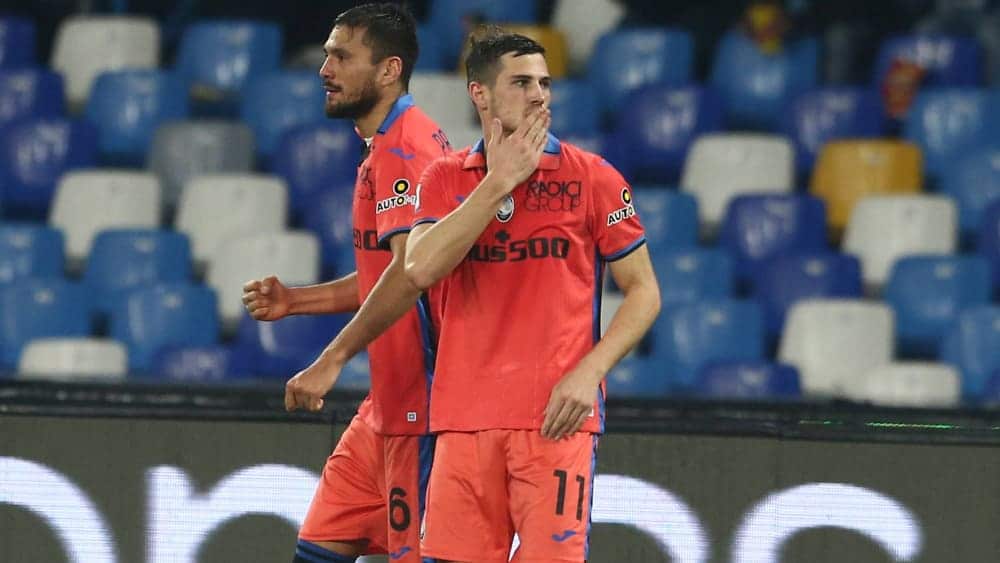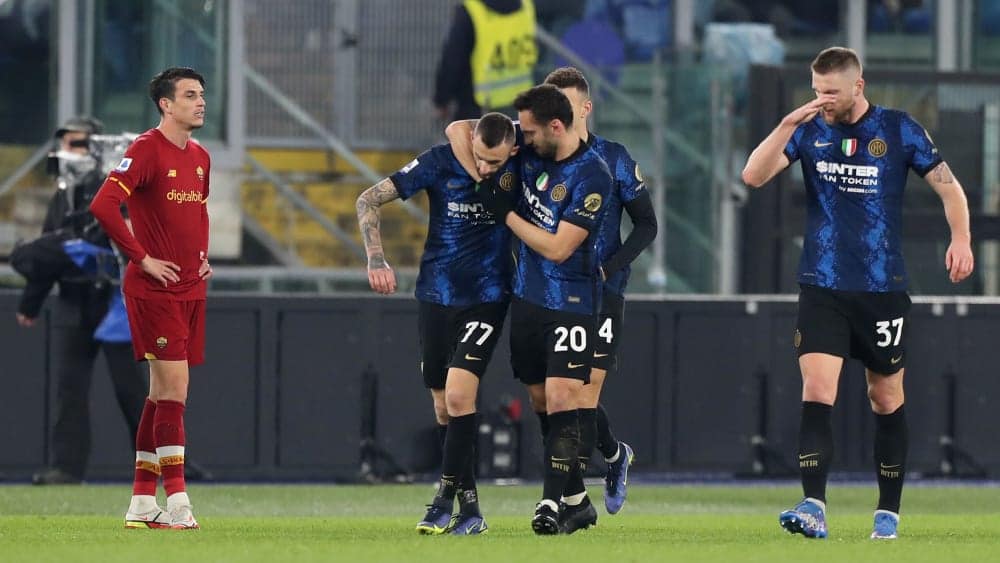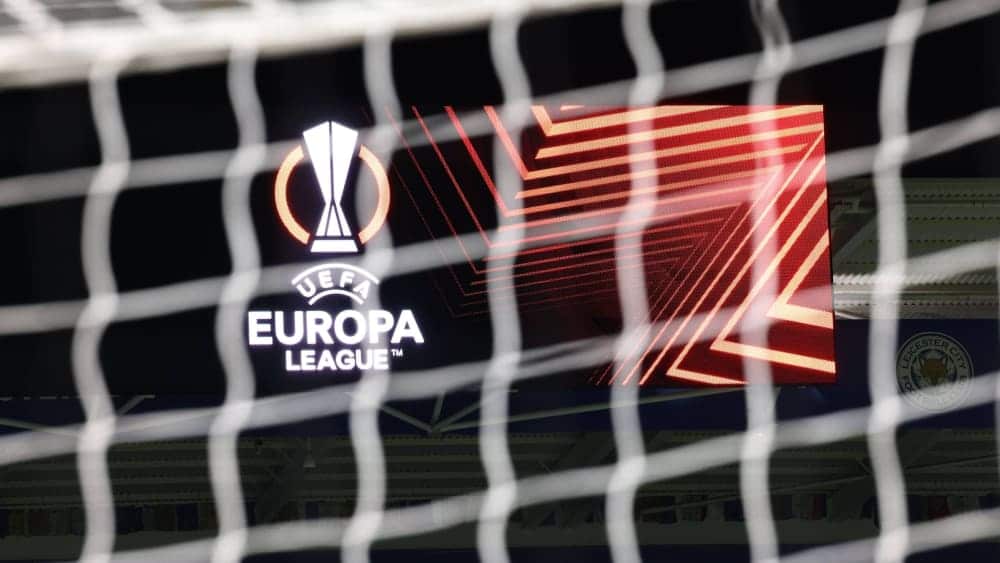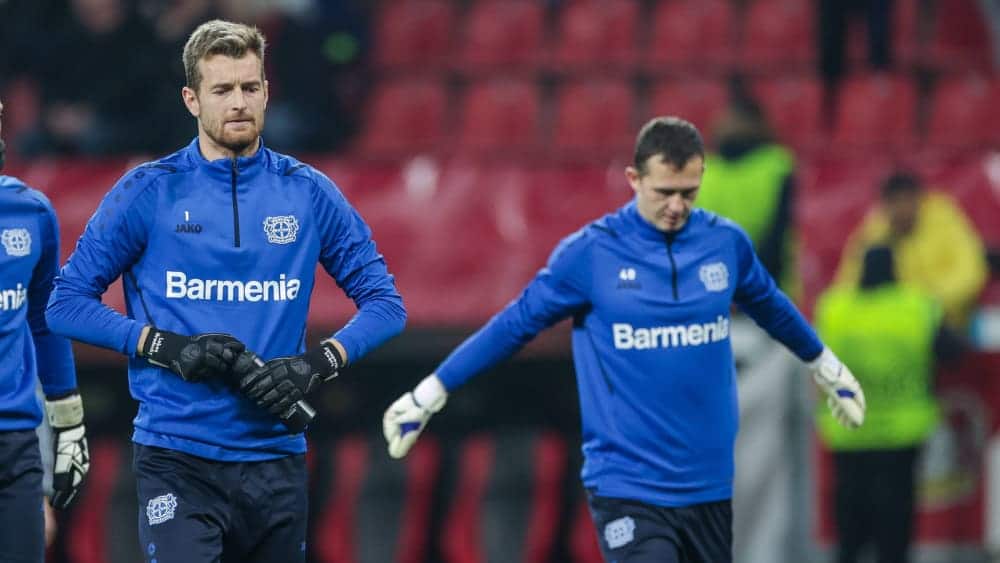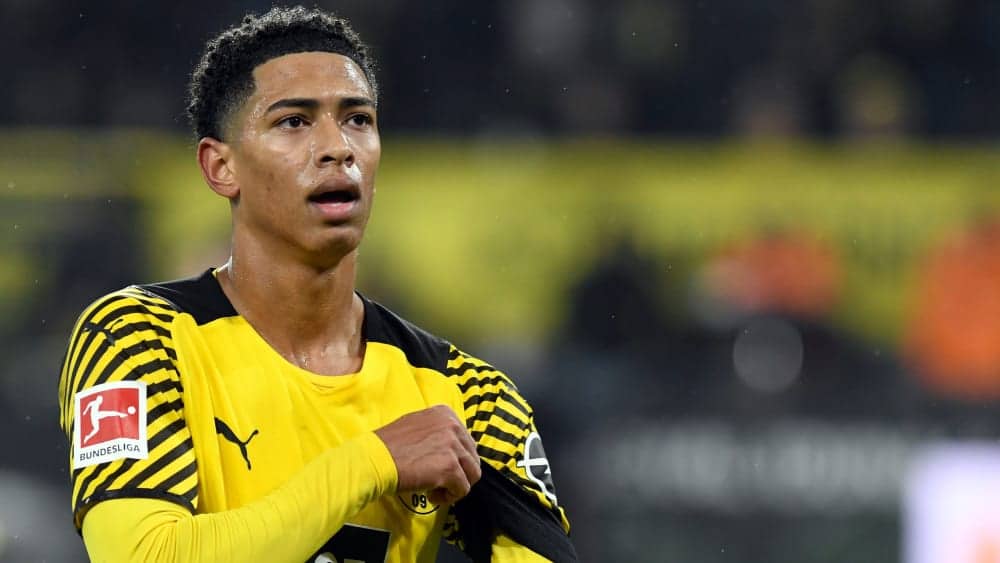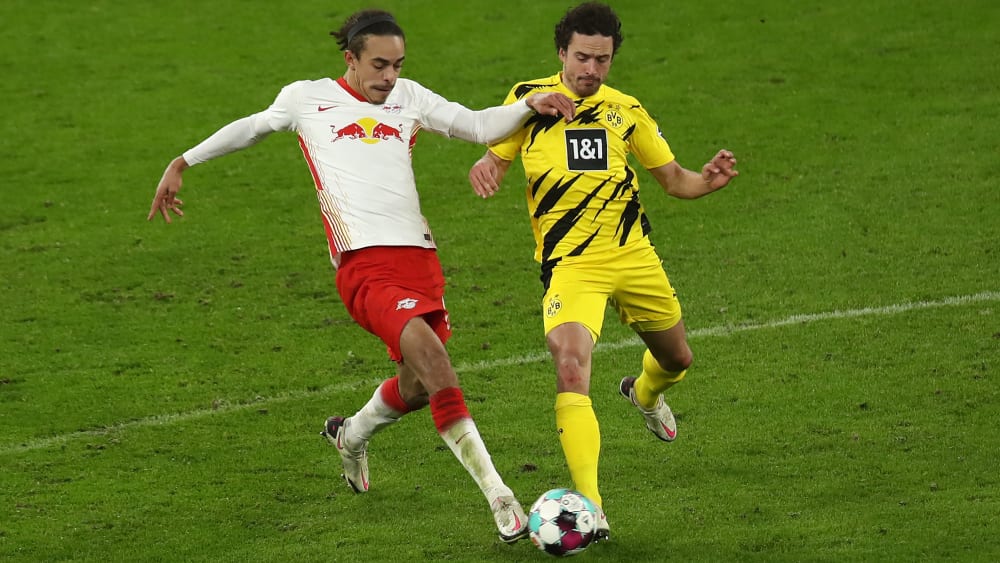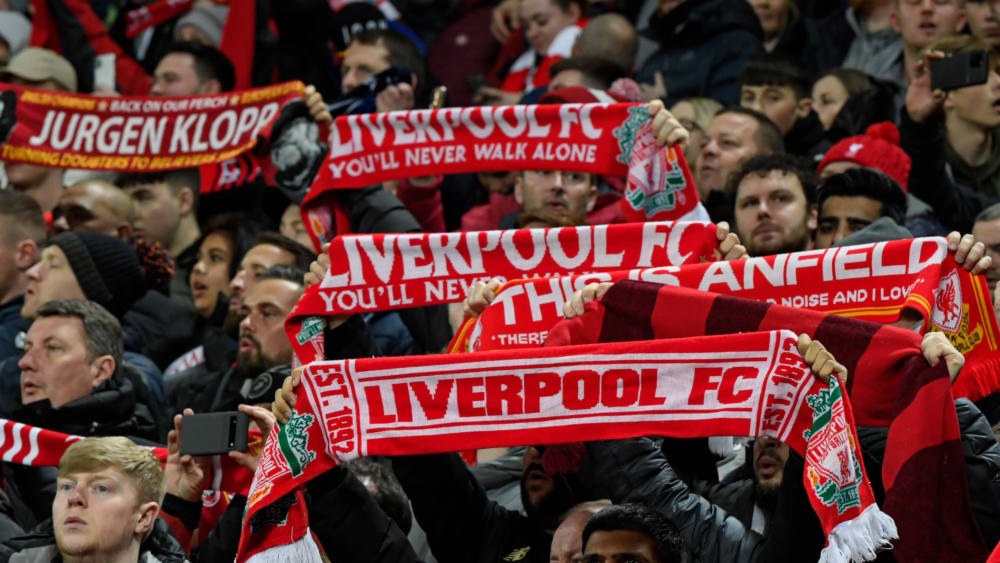Bundesliga
Bundesliga: Interview with Michael Köllner: “The opinion of the club did not correspond to mine”.
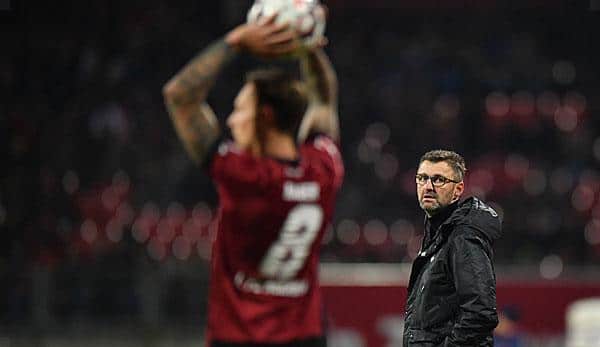
In February 2019, Michael Köllner was three points behind the relegation team when he was dismissed as coach of 1 FC Nürnberg. A year earlier, the 49-year-old had surprisingly led the club into the Bundesliga.
In an interview with SOCCERSCORE and Goal, Köllner talks about the time since his release and the controversy surrounding his co-trainer and successor Boris Schommers.
Köllner also explains to what extent he saw the end of FCN coming, how to get inquiries without advisors and he comments on the clubs’ hire-and-fire policy.
Mr. Köllner, since your end at the 1st FC Nuremberg in mid-February you have appeared as a speaker at congresses and other events. What else have you been doing since then?
Michael Köllner: Many things. Sometimes I think I haven’t had time for myself since. (laughs) The main thing is to reflect on the station in Nuremberg. I’m going through it month after month to see exactly what happened. When you’re on leave, you certainly haven’t done everything right. I want to analyse the whole time in peace in order to identify positive and negative key moments.
Has the analysis already been completed?
Köllner: No, this is an ongoing process. I keep talking to people who were part of the way. This can be a player or a consultant who tells me their view. I also meet with an executive coach who accompanies me objectively during the processing and helps me to build up a certain structure for the future in all these topics. And I use the time to educate myself.
In what way?
Köllner: I want to improve my English and have my own English teacher who works with me. Doing something mentally was basically my first impulse after my leave of absence. I want my bulb to stay active. In addition, media literacy is a topic that is important in the professional field. You’re never good enough and you have to line up ideally. Looking back, looking forward, developing new, personal strategies – I do all this so that the next job is not only the right one, but also fulfilling and successful.
How satisfied are you with your previous media positioning?
Köllner: I can hardly change my image at the moment. Surely one sometimes wishes that topics are viewed from a different angle. This can be a big problem, because in the end it is always a question of perception.
Meaning?
Köllner: In a museum, everyone perceives an artist’s painting differently and draws their own conclusions from it. But this does not have to agree with the intention of the artist. As a trainer, you naturally have your own view of your role and task and know what you are investing in it. Contrary to this, there are outsiders, whose view is in turn adopted by many people. You often think, “That’s just not right.
They moved up to the Bundesliga with the club in 2018. How much does medial pressure differ between the 2nd and 1st leagues?
Köllner: Already extreme. The number of inquiries is increasing, the national attention is changing strongly. Every word that is dropped is taken over by many and partly taken out of context. That makes this work more difficult. But she is one of them and I didn’t find her really unpleasant. You can often learn something from interviews with journalists and take it with you.
Apropos: In one of your first public appearances after your retirement you said at Blickpunkt Sport about your successor Boris Schommers: “It hurts me that he was allowed to take over the position of the first coach. It wasn’t discussed that way.” Then you admitted that you should have made it a little more precise. Do it now!
Köllner: I said many sentences there, but as just described, one of them was picked out and placed in a certain context. That’s when I saw again: A single sentence can be really fatal. I have been certified as having stepped down, even though this sentence does not give the impression that I am stepping down. I didn’t say I thought Boris Schommers or the club was stupid.
That’s right, I did.
Köllner: I was asked about the new role of Boris Schommers and simply said that this was not what had been agreed. My understanding is what I mean: If a head coach brings someone to the club as co-coach and he has other plans one day, then they discuss this with each other. That would be a perfectly normal process for me, but it didn’t happen. That’s all I was saying.
Your utterance has subsequently made a few higher waves. How did you deal with it?
Köllner: I did not expect this to take on such a dimension. I learned my lesson, all right. I don’t think that’s gonna happen to me anymore. On the other hand, if I had refused to comment on it, it might have been ambiguous again. Some questions can hardly be answered correctly.
It often happens that the co-trainer also has to go with the head coach. Did it surprise you that that didn’t happen in your case?
Köllner: To be honest, I didn’t think about that.
What was your basic relationship with Schommers like?
Köllner: We have always discussed everything closely with each other. I’ve also implemented things he suggested.
On the other hand: Basically, it can also be of no concern to you how the personnel will continue after your leave of absence. It’s still up to the club to decide.
Köllner: Right. Whoever succeeds me is the sole responsibility of the association.
Page 1: Köllner on an active pear and the controversy surrounding Boris Schommers
Page 2: Köllner about his exemption and a winning Cup-Aus
Page 3: Köllner on the Hire-and-Fire policy of the clubs and inquiries without consultants

